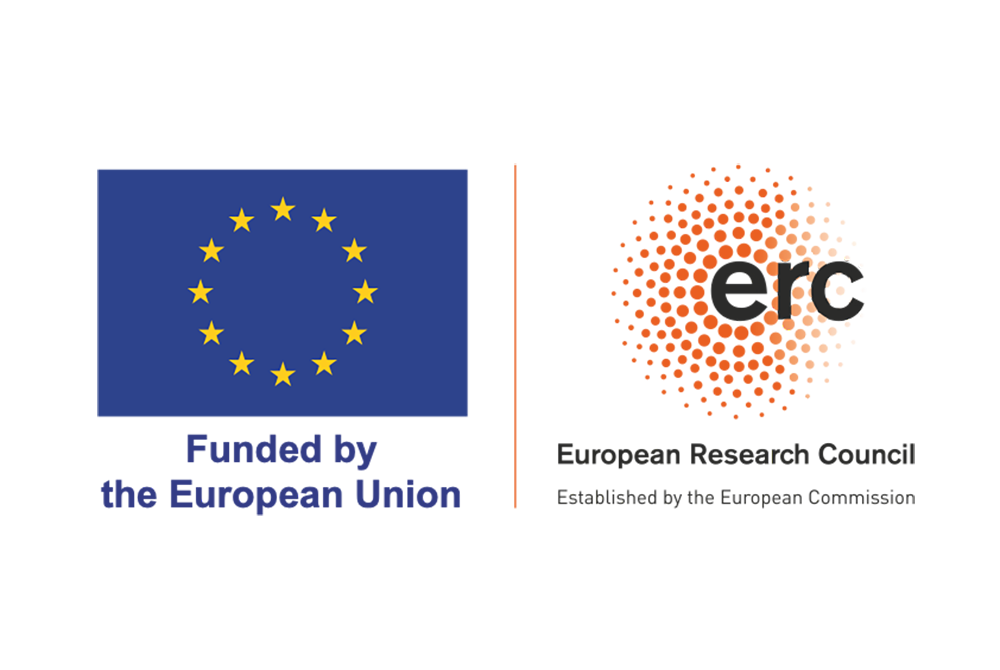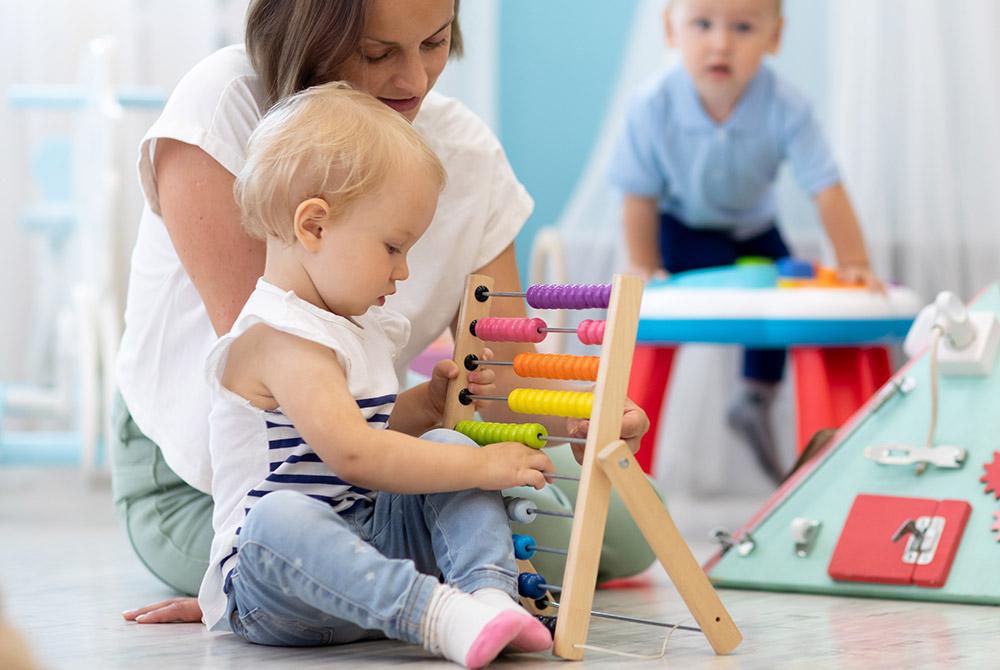REPRESENT: The emergence of abstract thought

Abstract: As humans, we do not only think about what is the case, but we can also consider what might be the case, what will be the case in the future, or what people believe to be the case. To understand this, we need to hold several different representations of the world in mind and understand which of these refer to the actual world, which merely represent a possibility, someone’s belief about the world, or refer to the past or the future.
From reasoning about time over considering different possibilities (for example, when we prepare for different possible outcomes in the future) to understanding how other people see the world, many of our daily cognitive processes rely on reasoning about different representations of the world and understanding that these representations need not correspond to the actual world. Being able to think about the world in terms of such abstract representations may be one of the pillars of our uniquely human capacity for abstract reasoning.
The ERC-funded project REPRESENT aims to understand how reasoning about representations develops in early childhood and how such parallel representations are implemented in the human brain. We will investigate this concerning different human cognitive abilities:
- The ability to reason about what other people think or believe (i.e., Theory of Mind).
- Reasoning about different possibilities.
- Reasoning about time, and other abilities which may require reasoning about alternative representations of the world.
We investigate these questions with a combination of behavioral and neuroscientific methods in infancy and early childhood and in adults including eye-tracking, EEG, and MRI.
This research is funded by the ERC Starting Grant REPRESENT and takes place in collaboration with the Max Planck Institute for Human Cognitive and Brain Sciences.
Understanding self and other

Abstract: A guiding question of our research is how infants begin to understand themselves and others. Our research indicates that young infants are strongly guided by others. They seem to process and encode the world through the eyes of others. As they become more capable of acting on the world themselves in their second year of life, their own perspective becomes more prominent. Only several years later, around 4 years of age, do they begin to understand that their own perspective and that of others may differ. This paves the way for a mature understanding of others’ minds (i.e., a Theory of Mind). We investigate the role of the self and the other in early development, the way how it impacts young children’s perception of the world and their understanding of others.